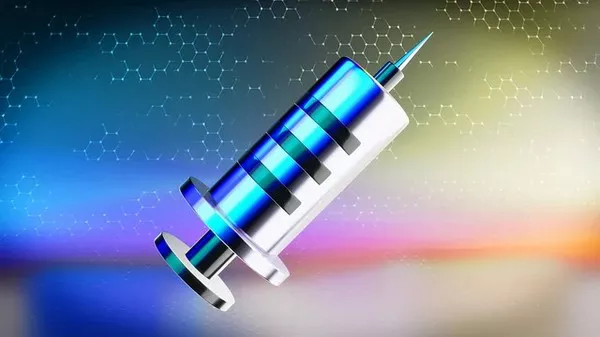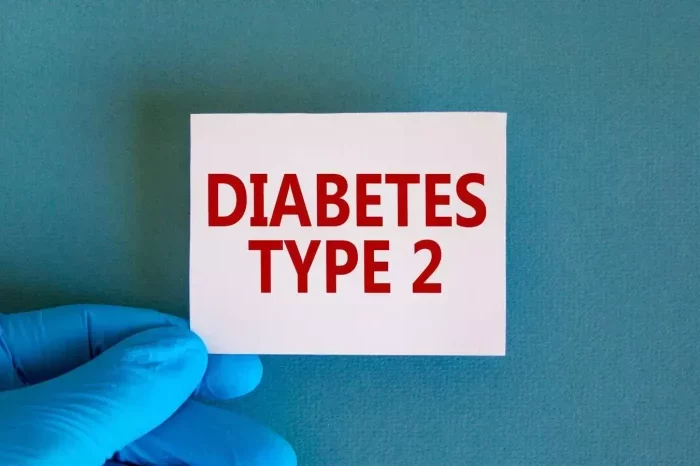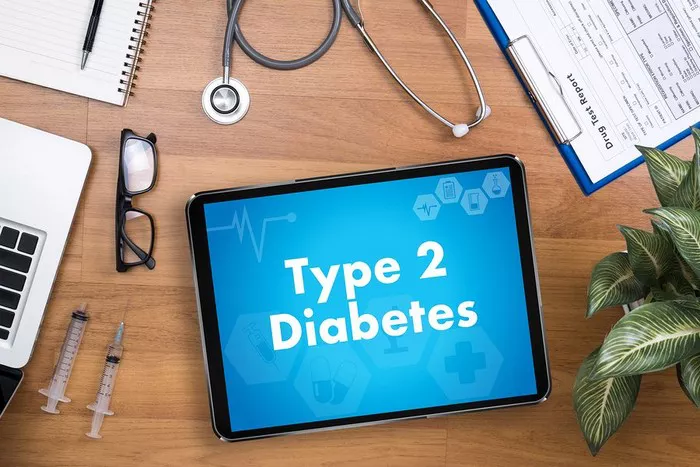Researchers have made significant strides in the treatment of type 1 diabetes, leveraging stem cell technology to potentially change the lives of patients. A recent study published in the journal Cell details an experimental treatment conducted in China that successfully utilized pluripotent stem cells derived from reprogrammed fat cells to treat a patient with this challenging condition.
Traditionally, stem cell therapies have targeted a range of medical issues, but this application is particularly noteworthy. The scientists behind the study began by conducting trials on mice before transitioning to human applications. They harvested adipose tissue from the patient, subsequently converting it into what they termed “chemically induced pluripotent stem-cell-derived islets” (CiPSCs). These specialized cells were then reintroduced into the patient’s body, where they effectively stimulated insulin production.
Remarkably, 75 days post-treatment, the patient was able to cease insulin administration entirely, and the positive effects persisted one year later. Lead author Hongkui Deng expressed surprise at the swift reversal of diabetes symptoms and the patient’s newfound independence from insulin therapy, as reported in an interview with Live Science.
The findings emphasize the need for further research, with the authors advocating for additional clinical studies to assess the efficacy of CiPSC-islet transplantation in individuals with type 1 diabetes.
While the potential of this treatment is promising, its introduction in the United States remains uncertain. Currently, the FDA has approved only one stem cell-based therapy, and recent regulatory disputes, such as those involving a Utah procedure, highlight the complexities surrounding stem cell regulations. Nevertheless, if proven effective, this innovative approach could have a profound impact on the treatment of type 1 diabetes and overall public health.
Related topics:
Addressing the Myths Surrounding Diabetes
Overcoming Type 2 Diabetes Through Lifestyle Changes
Wegovy Cuts Albuminuria by Half in Non-Diabetic CKD Patients, Study Finds



























